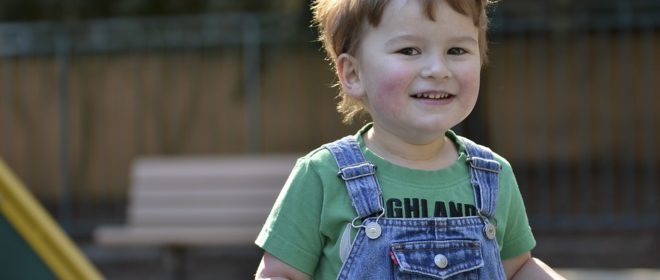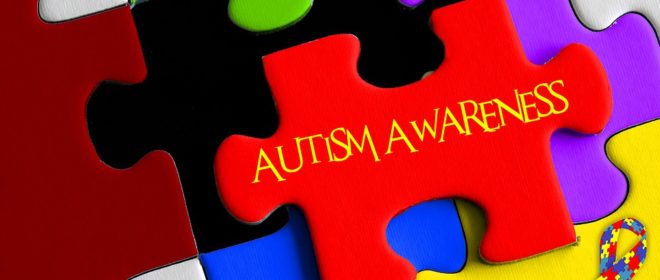Most parents with non-verbal children assume that such children do not need speech and language services. To them, of what use is a speech and language therapy to a child who is non-verbal.
This assumption is wrong because augmentative and alternative communication is has been found to be very important for people (children and adults alike) with such conditions. As a matter of fact, ongoing speech and language therapy are very important for anyone with limited communication so as to help the person learn how to communicate with others.
In this article, we shall be looking at the various benefits of ongoing speech therapy for non-verbal children:
Learn A New Way To Communicate
For human beings, speech is the primary means of communication and when you can’t communicate, you are limited in...





